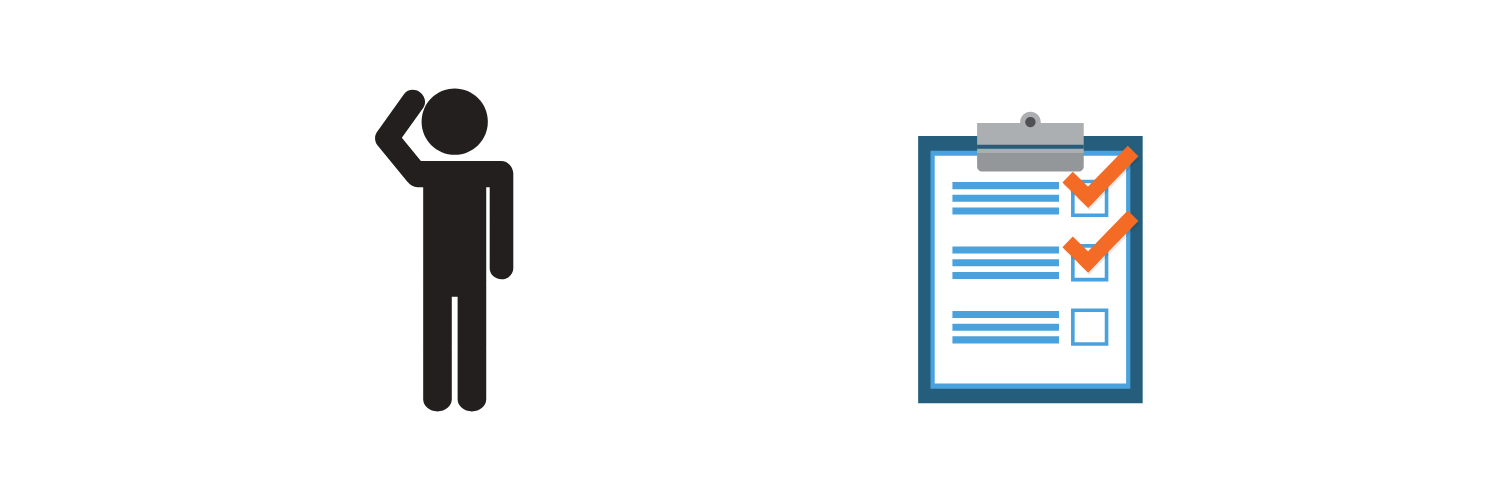
Having a diagnosis of the “mental disorder” popularly known as autism, the whole social conventions world has always been mysterious to me. As a child, I didn’t have the privilege of my brain adopting automatically everything people threw at it, so I was in the horrible predicament of having to question the things that most of my peers took for granted.
Now, every essay you read can probably be summed up in one or two sentences. The reason they are longer is because it is only during the writing that the author is able to finally formulate his thoughts. And, because he finds his thoughts so wonderful, and because he’s craving some kind of confirmation, in order to forget about the emptiness of his existence for a while, he leaves most of this rambling in there.
I am of course, no exception to this, but I at least have the decency to share with you the conclusion, so you don’t have to read until the end. It goes like this: I enjoyed life much more until I became aware of these social rules.
And now for the boring middle part of the text.
As a child, I started to notice that most social rules are there because of a concept often referred to as “politeness”. E.g. it is not polite to put your elbows on the table, nor is it polite to address an adult without using his name. Furthermore, it is absolutely forbidden to give an honest answer to the question “how are you?”. It is really not decent to preoccupy another soul with one’s sorrows, and the aforementioned question is only asked out of “politeness”.
When I grew older, I started seeing this whole politeness shizzle as a bunch of social games. For instance, it’s often a way to establish hierarchy in a social situation, and I thought that was pretty childish… But, I was a child after all, and my refusal to participate in these social games, that served no honorable purpose, wasn’t really doing me much good. And, being no smarter than Pavlov’s dogs, I started to experiment with these little rules of social conduct, in the hope of getting some heartfelt sense of belonging.
But, the more I started to try and see what was considered acceptable behaviour, the more I got confused, and it took me so much energy to continuously monitor my behaviour.
This could have been the point where I realized that the inputs were too big relatively to the outputs, and it probably was not worth my energy. Instead, it would be better to use my energy to ride my bicycle, build fortresses in the forest, or explore the contents of my nasal cavities. And the social awkwardness and judgment would just have to be collateral damage.
And I’m happy to say that I’m now the most likeable person in the world!